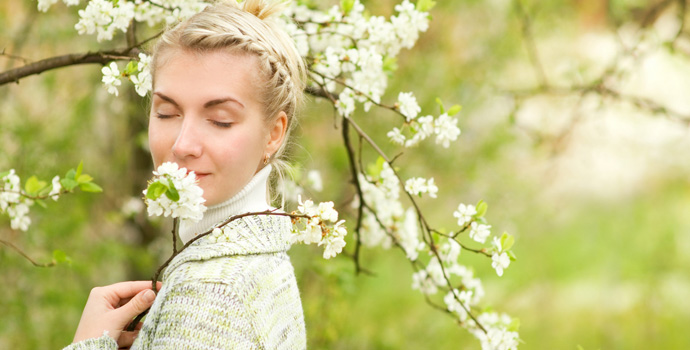Ocular allergies or eye allergies are reactions to different items that are not typically harmful to a person. Like all other types of allergies, the body malfunctions in its attempts to defend the eye when it comes in contact with these items.The human eye is very sensitive which makes these allergies far more irritating
Causes of Eye Allergies
These could be anything from pollen, dust, pet hair, make-up, perfumes, even contact lenses. Sometimes the allergy may not appear until 2-4 days after contact with these items. Most eye allergy triggers are inside the house with some, like pollen, coming from the outdoors through grass, trees, and shrubs.
Symptoms of the condition
The symptoms include; swollen eyes, redness, itchiness, tearing, soreness and sensitivity to bright lights. One way to reduce eye contact with pollen is to wear sunglasses but if you’re an eyeglass user already then those will do as well. If your eye becomes itchy don’t scratch it
Treatment for ocular allergies
The best way to treat eye allergies is to find out what cause them first. Then you can apply the right medicine for the allergy cause. Some treatments include, cleaning your house especially the wet areas as the mold is a great source for eye irritants. You should also limit your pets’ wandering around the house and make sure they are often bathed. You will also need to visit your optometrist who can prescribe the right eye drops or other medication to apply to your eye.
If you have been fixing the condition without success, the chances are that you are using the wrong medication. To avoid complications visit a nearby allergy clinic and have the situation analyzed by an expert. The professional will tell you the primary cause of the allergy and recommend the best medication for it. As rule of thumb, you should work with an experienced professional.
Conclusion
Don’t ignore your eyes when allergies happen. If you do not have medicine on hand, the local drug store will have some over the counter versions and if you do not experience relief with those, have serious eye pain, or you are losing vision, see your doctor right away. If you don’t know the cause for your condition, visit your local allergy doctor as soon as possible, before the situation gets worse. As mentioned above, for peace of mind, work with a knowledgeable person who has been in the industry for a long time.



